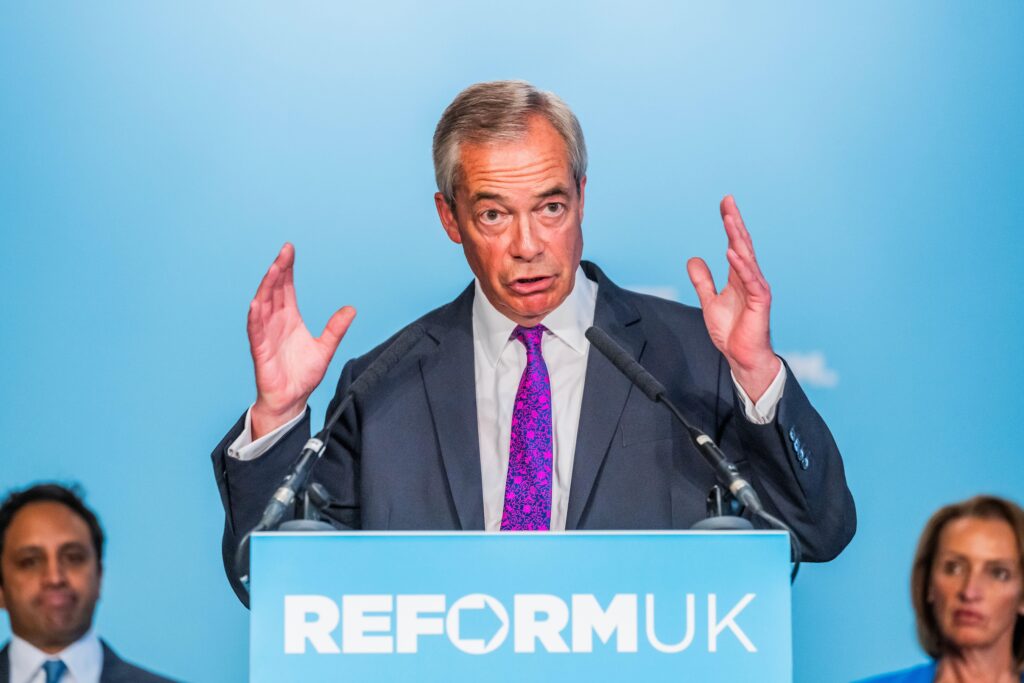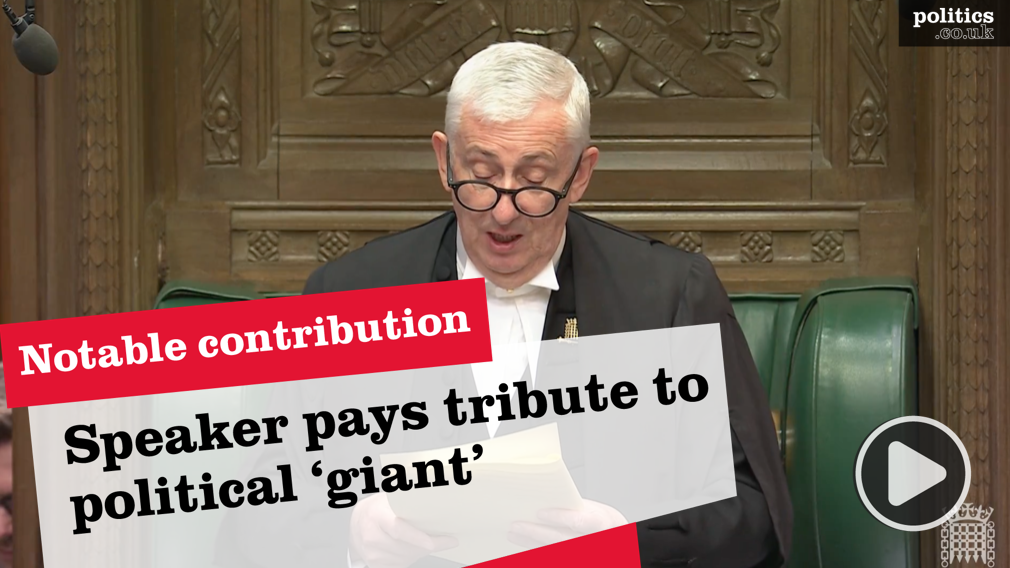Fuel poverty falls but still high
More than two million households are still struggling to pay to keep their homes heated, new government figures show.
The Department for Environment, Food and Rural Affairs (Defra) notes that this is down from 6.5 million in 1996, in part thanks to energy efficiency initiatives.
However, the report warns the trend of falling energy prices that contributed to this reduction is beginning to reverse and will “undoubtedly” have an impact on fuel poverty.
Consequently, it urges the government to continue investing in improving people’s incomes through benefits and tax credits and working to improve energy efficiency in homes.


This call echoes one from National Energy Action (NEA), which earlier this month warned that without greater investment in energy efficiency, more than a million people will remain in fuel poverty at the end of the decade.
The government is committed to eradicating fuel poverty in vulnerable households, such as those with children, the elderly, disabled or the long-term ill, in England by 2010.
According to today’s Defra report, the government has made inroads in achieving this target partly through improving the lot of those on the lowest incomes through benefits and tax credits.
And environment minister Elliot Morley hailed the success of the Warm Front scheme, which has so far provided central heating and insulation for more than one million homes.
But he accepted these efforts and those to improve energy efficiency must continue.
“The eradication of fuel poverty remains one of our main objectives. Cold homes affect people’s health and their quality of life,” he said.
“Action to reduce fuel bills must be twinned with a renewed focus on greater energy efficiency improvements, and the enhanced Warm Front scheme as well as the expanded Energy Efficiency Commitment can make a real difference.”












